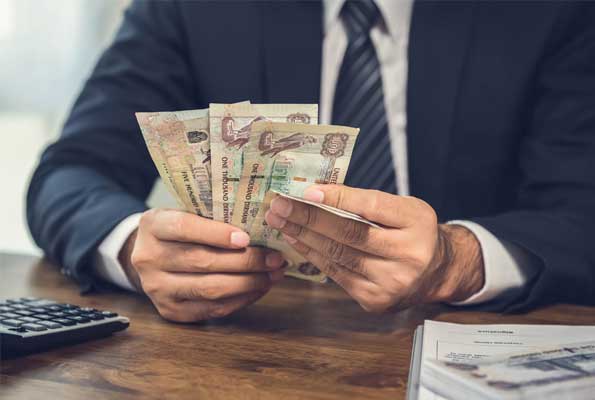UAE authorities have shared tips to help its residents plan for a more secure financial future.
By setting budgets, creating payment plans and making investments when possible, individuals will be better prepared for retirement and emergencies, said the country’s General Pension and Social Security Authority (GPSSA).
“A disciplined approach to spending and saving is the best way to achieve long-term financial security. Insured individuals who look forward to enjoying a secure and stable retirement and lifestyle, need to build a practical savings foundation for themselves and their family when planning for their personal annual expenditures and budget,” said the GPSSA.
As part of the UAE government’s “Get Ready – Proactive Financial Planning” campaign, which is offering the public the guidance on how to better plan their finances, the GPSSA has now come up with guidelines on how to set aside and save surplus amounts through budget planning.
This means determining monthly spending priorities alongside the value of expected financial expenditures throughout the year.
As the new financial year kicks in, budget planning starts with the process of setting aside personal assets owned by the insured individual, apart from determining the value of his/her current salary, savings, investments and emergency amount.
Once the annual income is determined, annual obligations like loans, vehicle and house loan instalments, water and electricity bills, food budget, education fees, personal insurance charges and internet bills need to be managed.
In order to support the insured and his/her family’s financial stability during the financial year, it is crucial to find a balance between spending and saving, in order to come up with a budget surplus and set aside saved-up money, and the whole thing can only be achieved through a disciplined step-by-step process.
The first step starts with defining one’s spending priorities by balancing income with liabilities and developing a realistic savings plan that helps determine the percentage of savings that the insured wants to have.
It gets followed by devising ways to limit one’s disbursement percentage in order to increase the desired savings percentage. This can be done by controlling disbursements and what the individual unnecessarily spends.
The next step revolves around investing any surplus amount left in one’s income, in order to benefit from those funds in the long run. Finally, one needs to set aside an emergency (like a health crisis) amount as part of one’s budget planning.
This not only supports the individual’s intent to put in place a secure and safe expense plan, but also serves as a safe financial support mechanism in case the insured individual faces an unplanned emergency situation.



